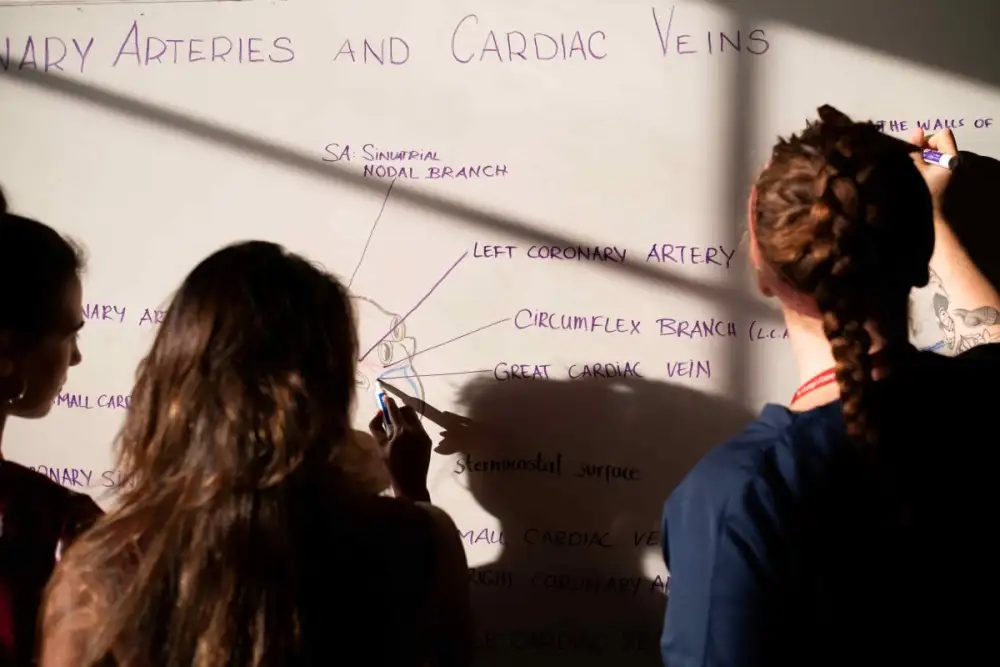
Hypertension (HTN), or high blood pressure, is the most common cardiovascular condition worldwide and a major preventable contributor to stroke, heart disease, and kidney-related illness and death.
According to the World Health Organization (WHO), one in four adult Thais has hypertension and only 30% of patients with hypertension have their blood pressure controlled. HTN is a silent killer, as most people do not experience any symptoms. In fact, the National Health Examination Survey revealed that nearly half of adult Thais with hypertension were unaware of their high blood pressure.

On World Hypertension Day, St. George's University (SGU) School of Medicine in Grenada, West Indies, explains the importance of early detection, the causes, and how to prevent hypertension.
Foods and stress key contributors
The increasing prevalence of fast food, processed snacks, energy drinks, and meals rich in red meat has transformed traditional diets into a realm that presents considerable long-term health dangers. WHO reported that Thais consume over 4,000 milligrams of sodium daily, more than double the recommended amount.
HTN is not simply a dietary concern; it is closely linked to life pressures and psychological stress. The high cost of living, traffic congestion, digital overload, and long working hours are all contributing factors.
The Silent Nature of Hypertension
The subtlety of HTN is one of its most risky characteristics. Many people have HTN for years without experiencing any apparent symptoms. Damage to the cardiovascular system may have already occurred when symptoms such as migraines, dizziness, or vision problems manifest.
Early detection is not only essential but also potentially lifesaving. Routine health check-ups are still underutilized, particularly among younger populations who frequently regard hypertension as a condition that affects elderly individuals. Hypertension is increasingly being diagnosed in people in their late 20s, often attributed to obesity, smoking, and chronic stress.
Prevention is the Best Cure
Concerted efforts among citizens, healthcare providers, governments, and academic institutions are essential to effectively reverse the hypertension epidemic in Thailand. Every salty snack replaced with a healthier choice, every step taken, and every routine check-up attended brings the region closer to improved heart health.
To find out how the programs and tracks available through SGU School of Medicine can train aspiring doctors in Thailand to address global health concerns, visit SGU's website.